How Does Littering Affect Animals
The plastic that holds sodas togetherstringsribbonsetc can get tangled around legswings and necks that can cause strangulation. How does littering affect wildlife.
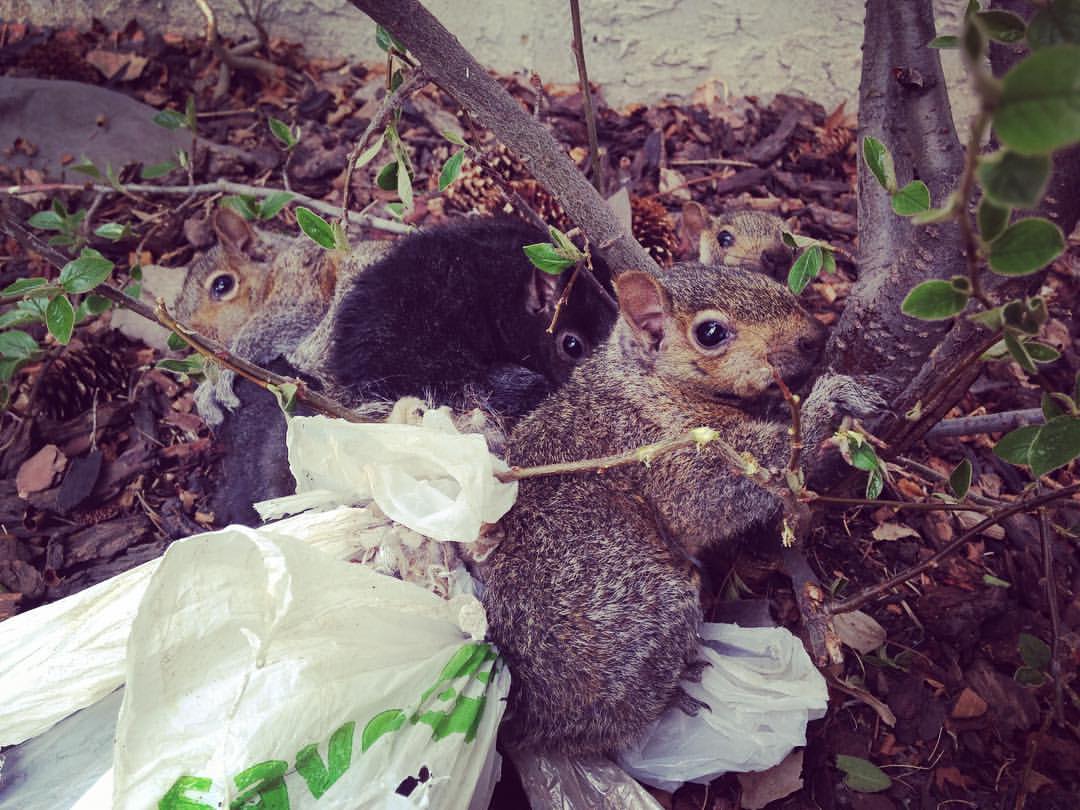 Wildlife And Litter Don T Mix Alberta Institute For Wildlife Conservation
Wildlife And Litter Don T Mix Alberta Institute For Wildlife Conservation
If animals become entangled in lines nets ropes or plastic it can restrict their movement and lead to starvation infection amputation and drowning.

How does littering affect animals. Additives in plastics can leach into soils and cause damage. Littering can also lead to air pollution. By fishing responsibly you can avoid accidental harm to the local wildlife and environment.
RC Litter can be harmful to wildlife and people. Animals that roam around the regions of such dumpsites tend to feed on the materials such as food wrappers and ingest them. How does littering affect human health.
Litter can damage the habitats of marine and land animals such as the coral reefs. Here are just some of the most common problems caused by litter. The toxins may cause blood clotting seizures or serious medical issues that can kill animals.
Well first of all it isnt right regardless. Hazardous chemicals can leach out of the litter and pollute the soil and water bodies located nearby. But to answer your question they can eat it and it could do damage to their intestinal tract by causing a blockage.
Then they would die a slow and painful death. They can get tangled in some trash. Swerving to miss trash while driving can be an extremely dangerous situation.
Plastic and organic litter can change the structure of river habitats reduce the light level in the waters beneath the debris and even deplete the dissolved oxygen in the water. Broken bottles can injure and also small mammals can get stuck inside bottles cans and other containers. The contaminants also stunt plant growth and cause health issues in animals living in the area.
Phthaltes and Bisphenol A have been observed to leach out into soils and are known to affect wildlife by disrupting hormones. Animals getting trapped and entangled in plastic packaging. Litter from food and drinks can increase the likelihood of animal encroachment and even attacks.
Animals are in constant search of food and when we litter our food waste the animals become intrigued and venture further and further from their natural habitats. Creatures cutting themselves on sharp objects thrown away by humans. Our top tips for anglers and how to promote responsible fishing.
Littering introduces both noxious biodegradable and non-biodegradable waste into the environment. Litter Facilitates the Spread of Disease Improperly discarded trash is a breeding ground for bacteria and diseases. Each year over 100000 dolphins fish whales turtles and more drown after becoming entangled in or digesting plastic litter.
Moreover plastic debris can bring light and oxygen levels to toxic and unsustainable levels for the aquatic creatures. Wildlife getting stuck in discarded gum. Wildlife can also eat litter by mistake which can cause death.
Above all littering has a negative effect on everything. Animals get injured and swallow toxic things like oil and pesticides. Turtles whales sea lions seabirds and dolphins may be severely injured and even die if they become entangled.
Littering can be prevented but it. Answer 1 of 1. Litter is hazardous to wildlife and other animals because they can.
Trash on roads and highways can lead to accidents. Animals and birds can get stuck in plastic bags. The water is ingested by deer fish and a variety of other animals.
As computers and other electronics come down in price people are increasingly fly-tipping electronics too. Often the litter is put on fire as an easy way to get rid. People or animals can get sick or even die because of careless mistakes that happen in this world every day.
One of the more obvious effects of debris pile-up is habitat alteration. One increasing source of litter is e-waste. Wildlife suffocating in plastic bags and similar litter.
Littering Can Lead To Soil Water And Air Pollution. Plastic litter is the most common killer of animals and marine animals are the most notably affected. These toxins then enter the human body via the food chain.
Litter in Earths water supply from consumer and commercial use creates a toxic environment. Harmful Effects of Littering on Animals 1. Pieces of junk may accumulate underwater and alter the natural habitat structure and safe living conditions of marine animals.
Fishing litter is responsible for the injury of thousands of wild animals every year with animals getting entangled in line and hooks which can pierce skin or be swallowed. Get their heads stuck in jars cups or other kinds of containers that smell of food causing them to suffocate or starve to death when they are unable to get the container off of their heads.
 Devastating Images That Show The Effect Of Rubbish Left On Our Beaches Water Pollution Poster Environmental Art Ocean Pollution
Devastating Images That Show The Effect Of Rubbish Left On Our Beaches Water Pollution Poster Environmental Art Ocean Pollution
 Impacts On The Environment Littering In Singapore
Impacts On The Environment Littering In Singapore
 Petition Ocean Conservancy Stop Littering It S Killing Our Marine Life Change Org
Petition Ocean Conservancy Stop Littering It S Killing Our Marine Life Change Org
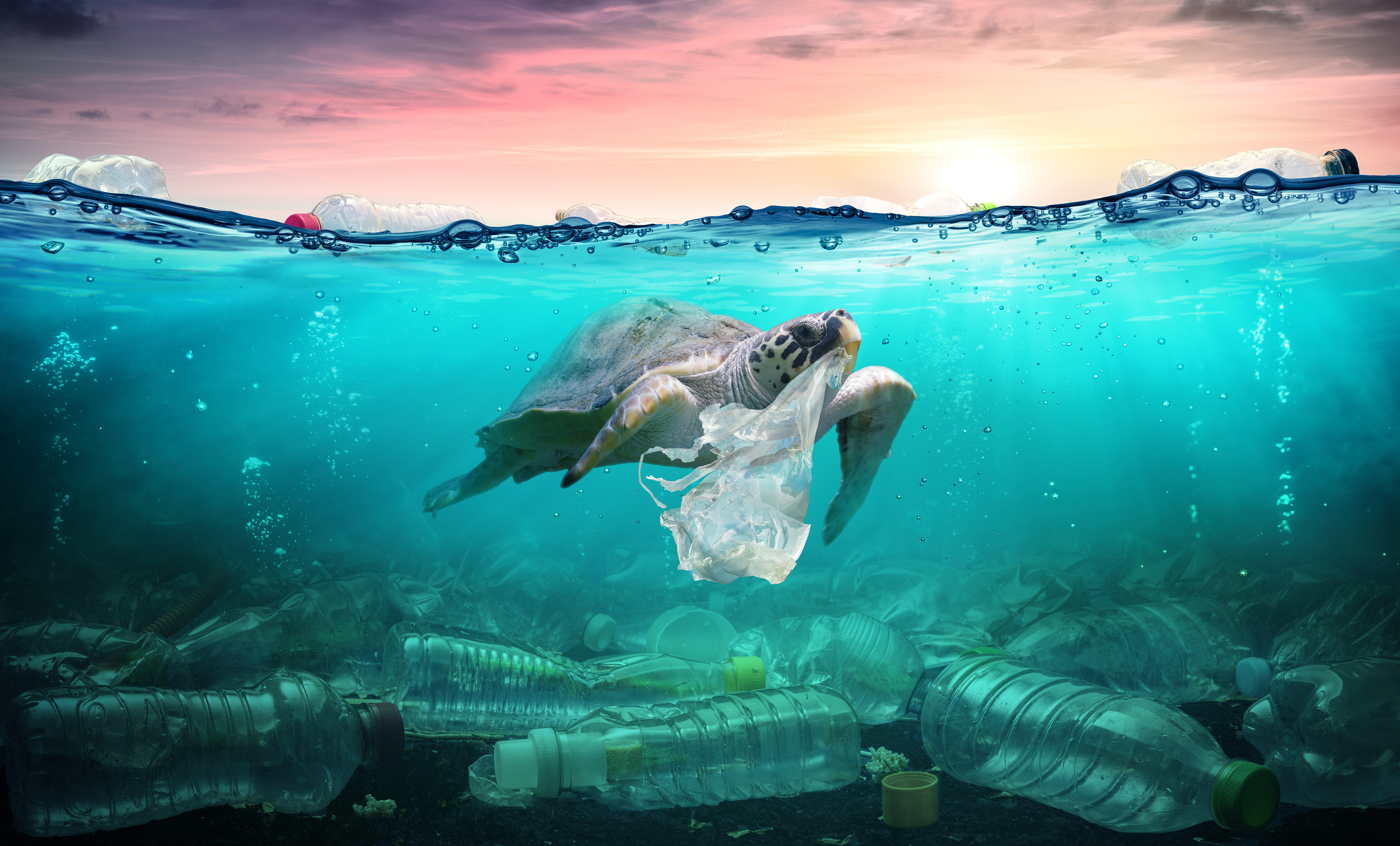 How Litter Harms Our Wildlife The Waste Management Recycling Blog
How Litter Harms Our Wildlife The Waste Management Recycling Blog
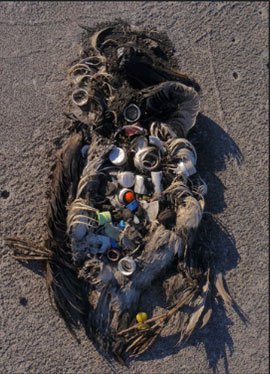 Impacts Of Mismanaged Trash Trash Free Waters Us Epa
Impacts Of Mismanaged Trash Trash Free Waters Us Epa
 Litter Affects Wildlife W I L D For Prospect Park
Litter Affects Wildlife W I L D For Prospect Park
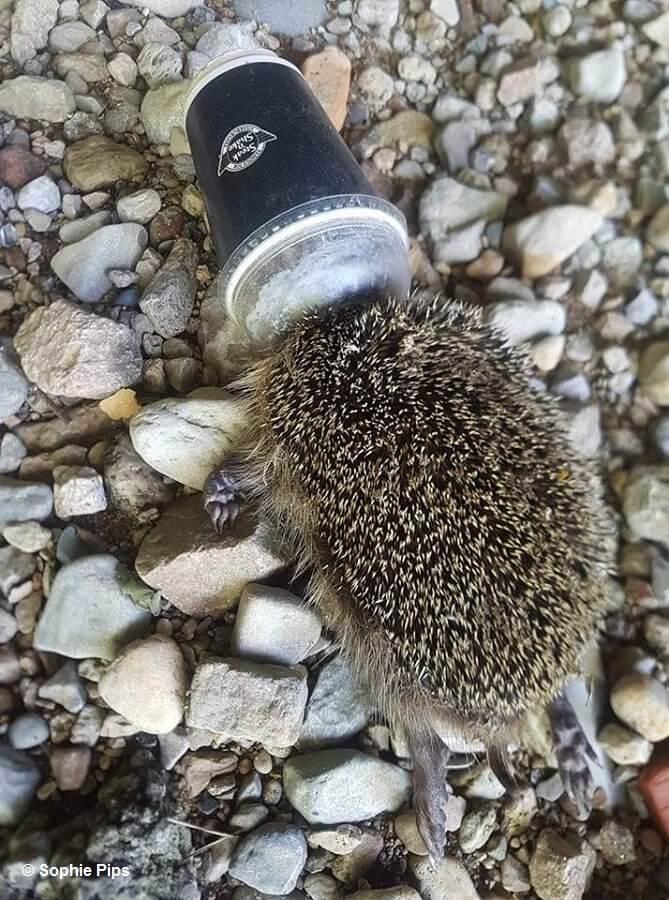 How Littering Kills Animals Peta Uk
How Littering Kills Animals Peta Uk
 Wordless Essay The Dangers Of Litter Affecting Animals Youtube
Wordless Essay The Dangers Of Litter Affecting Animals Youtube
 From Entanglement To Invasions Of Alien Species The Harm Caused By Marine Litter Eu Science Hub
From Entanglement To Invasions Of Alien Species The Harm Caused By Marine Litter Eu Science Hub
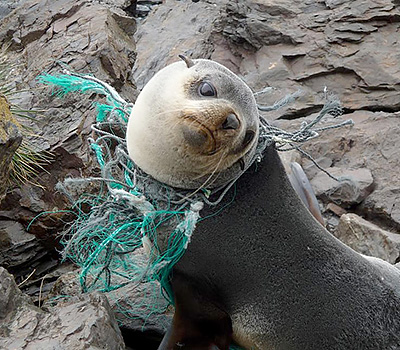 Why Is Litter A Problem Trash Hero World
Why Is Litter A Problem Trash Hero World
 How Does Littering Affect The Environment And A Few Solutions Innovate Eco
How Does Littering Affect The Environment And A Few Solutions Innovate Eco
 Plastic Harming Wildlife Page 4 Line 17qq Com
Plastic Harming Wildlife Page 4 Line 17qq Com
 Us Vision Mission Patrons Board And Leadership Financials Contact Us Report Problems Get Involved Connect Your Organisation Become A Global Friend Helping Children Change The World Yab Sverige The Wcp Program Wcp Program Step By Step
Us Vision Mission Patrons Board And Leadership Financials Contact Us Report Problems Get Involved Connect Your Organisation Become A Global Friend Helping Children Change The World Yab Sverige The Wcp Program Wcp Program Step By Step

Comments
Post a Comment